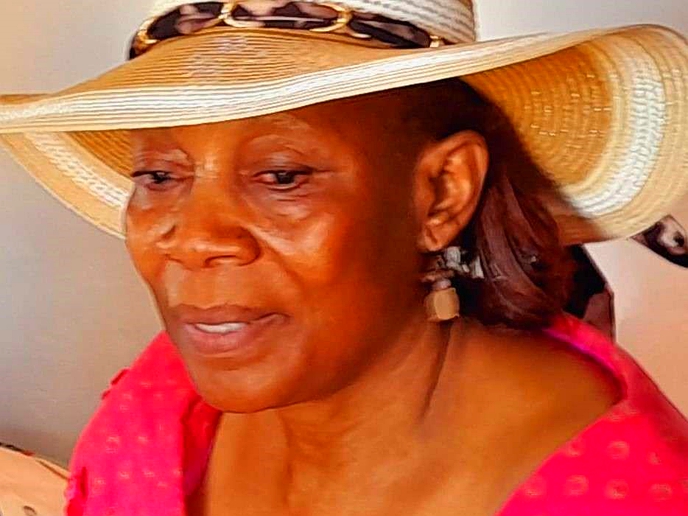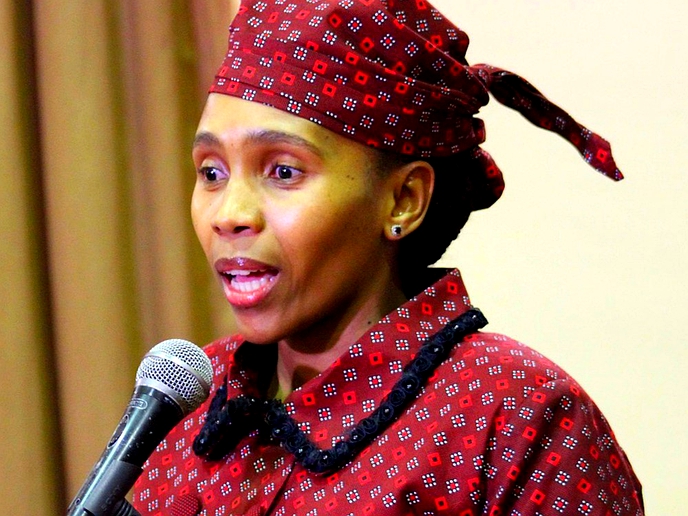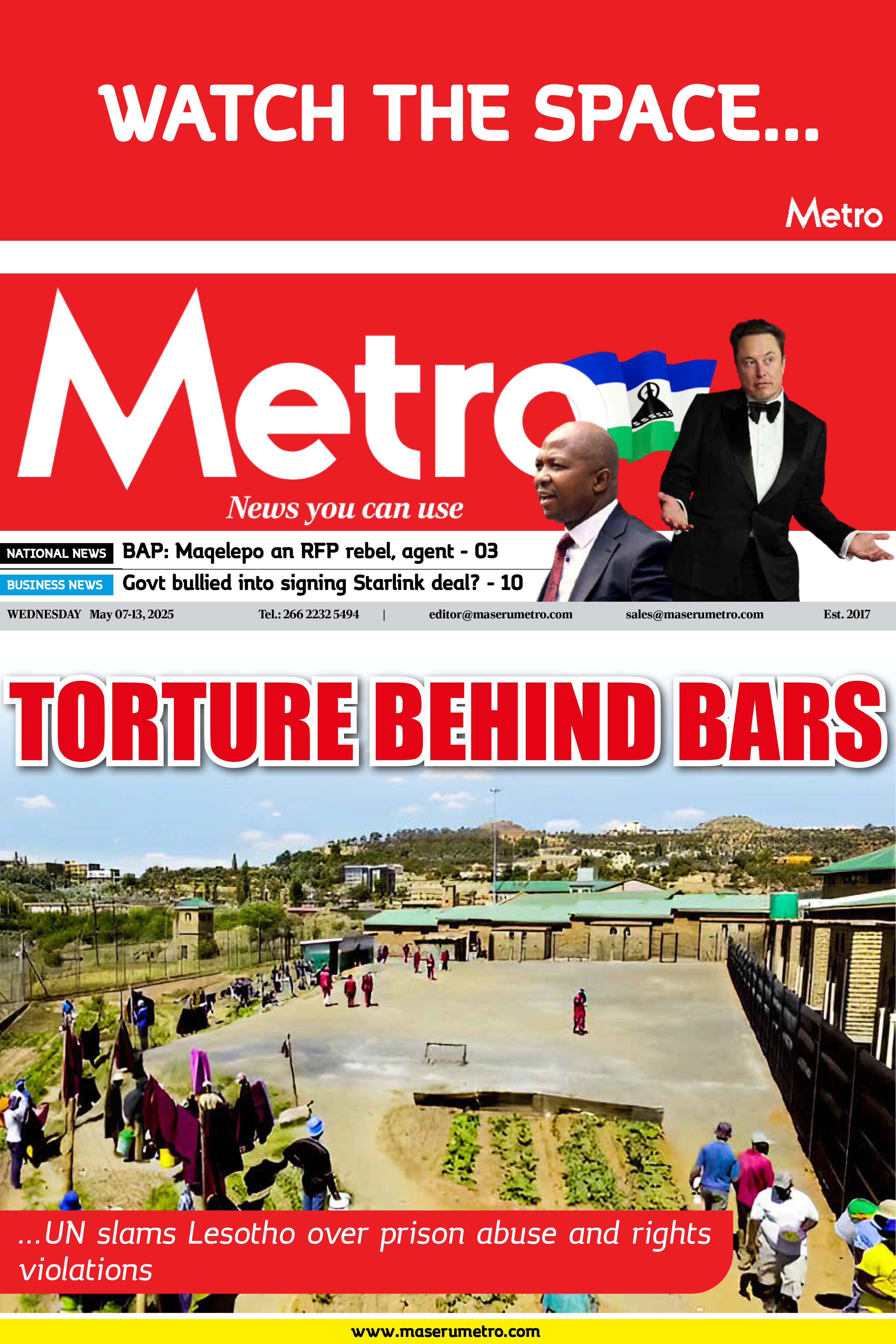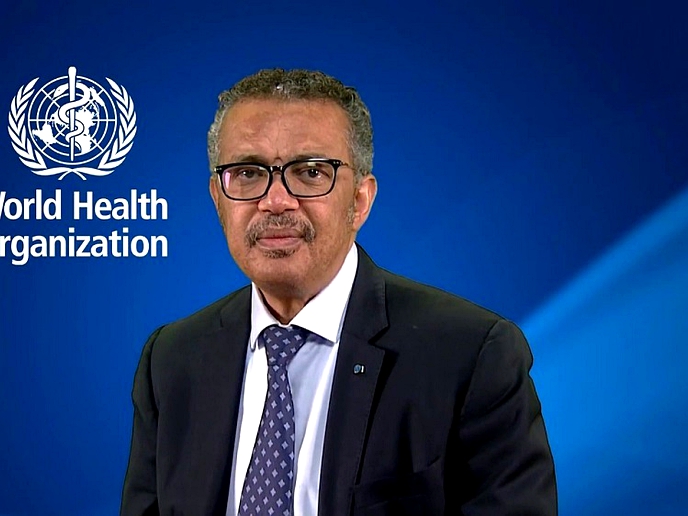A lot of us in Lesotho continue to experience prejudice, discrimination, stigma, hostility, and violence on a daily basis, says Lerato Bella Moji, a member of the Lesbian, Gay, Bisexual, Transgender, Intersex, and Queer (LGBTIQ+) people.
health
May 24, 2022
LINEO MABEKEBEKE
3 min read
Gay community demands inclusion
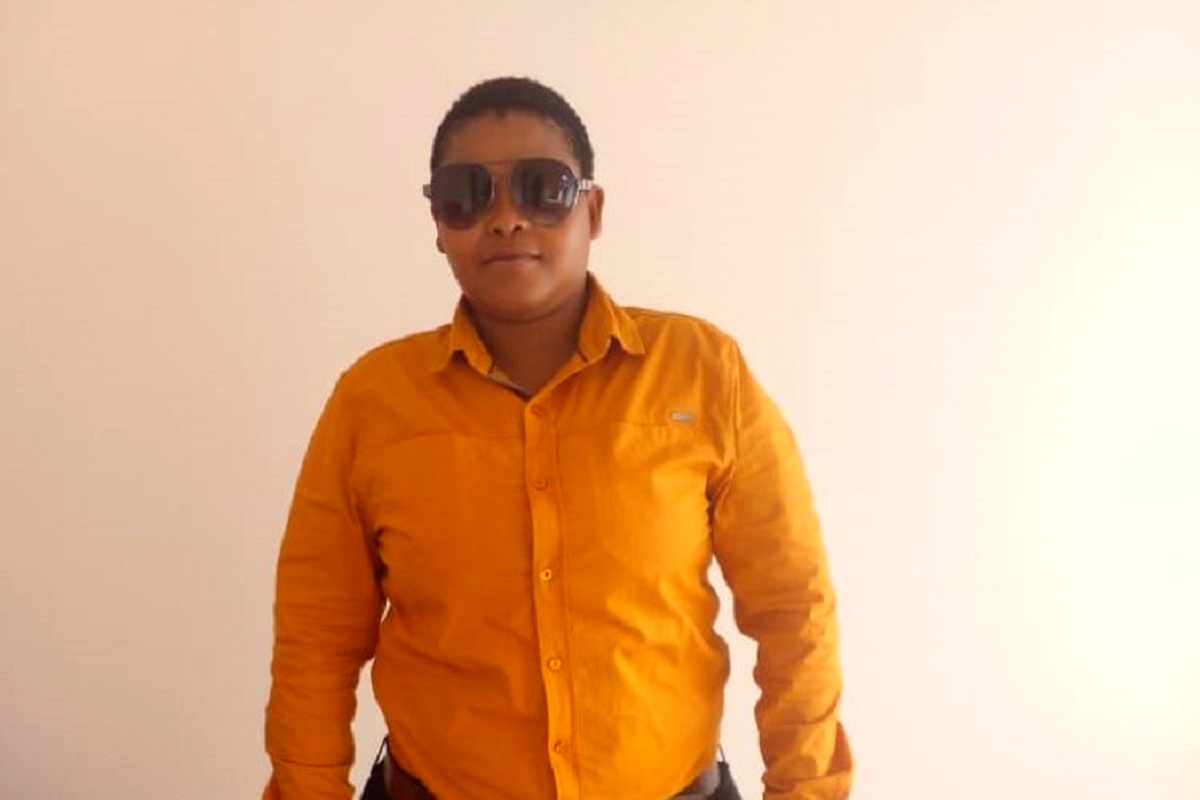
IDAHOBIT Leribe district chairperson, ’Maletsatsi Izzy Sehloho
Story highlights
She said the Covid-19 pandemic had further exacerbated their social exclusion and violence and deepening inequality by the rest of society.
“Indeed, all of us must play a role in standing up and speaking out against hate, discrimination, and violence, wherever and whenever they occur,” Bella told Maseru Metro in an interview this week.
She said this year’s International Day Against Homophobia, Transphobia and Biphobia (IDAHOT) themed: ‘Our Bodies, Our Lives, Our Rights’, was a reminder that everyone had the right to make decisions about their bodies and their lives.
The LGBTIQ community faces violence and inequality, and sometimes torture, even execution, because of who they love, how they look, or who they are.
But the United Nations (UN) continues to work side-by-side with them and other partners to drive forward equality and human rights for all.
The UN says these are vital efforts given that LGTBIQ+ people are often denied their human rights, unable to access legal protection, healthcare, or other basic services.
With consensual same-sex relations criminalisation, many LGBTIQ+ people do not have bodily autonomy and some are forced to undergo medical treatment or needless surgery. That includes unscientific ‘conversion therapies’ that can cause physical and psychological trauma.
The UN has noted that these practices could be tantamount to acts of cruel, inhumane or degrading treatment.
IDAHOBIT Leribe district chairperson, ’Maletsatsi Izzy Sehloho said the purpose of the celebration was to raise awareness about the existence of the LGBTIQ Community.
She said it was also to make people know about and respect them as human beings like everyone in the country regardless of who they were.
Enjoy our daily newsletter from today
Access exclusive newsletters, along with previews of new media releases.
“We need to live in a free-discrimination community,” Sehloho said. “We need equal treatment as other people. The rights of LGBTIQ Community are violated in different ways, on different platforms. We are not allowed to attend church wearing clothes that we are comfortable in. Also in our villages our chiefs deny us access to services due to our dress up.”
When it comes to work, Sehloho said the LGBTIQ community was forced to hide its sexuality in order to get jobs. At clinics and hospitals, they are not given fair treatment, Sehloho said, adding that their lives remain at risk as they cannot get medical attention for the fear of discrimination.
The United Nations Development Programme (UNDP) is working with 72 countries to support the inclusion and rights of LGBTIQ+ people through partnerships with governments and civil society to develop enabling laws and policies.
IDAHOT Day aims to promote awareness and prevention actions to fight against violence and discrimination targeting LGBTIQ+ people.



